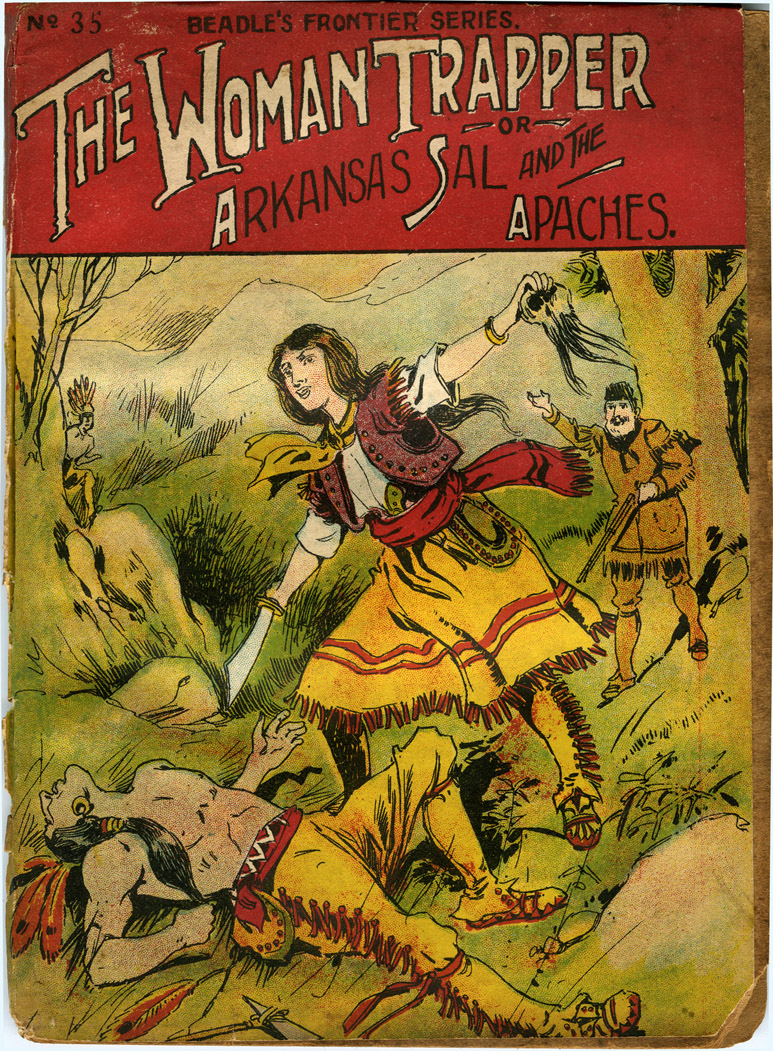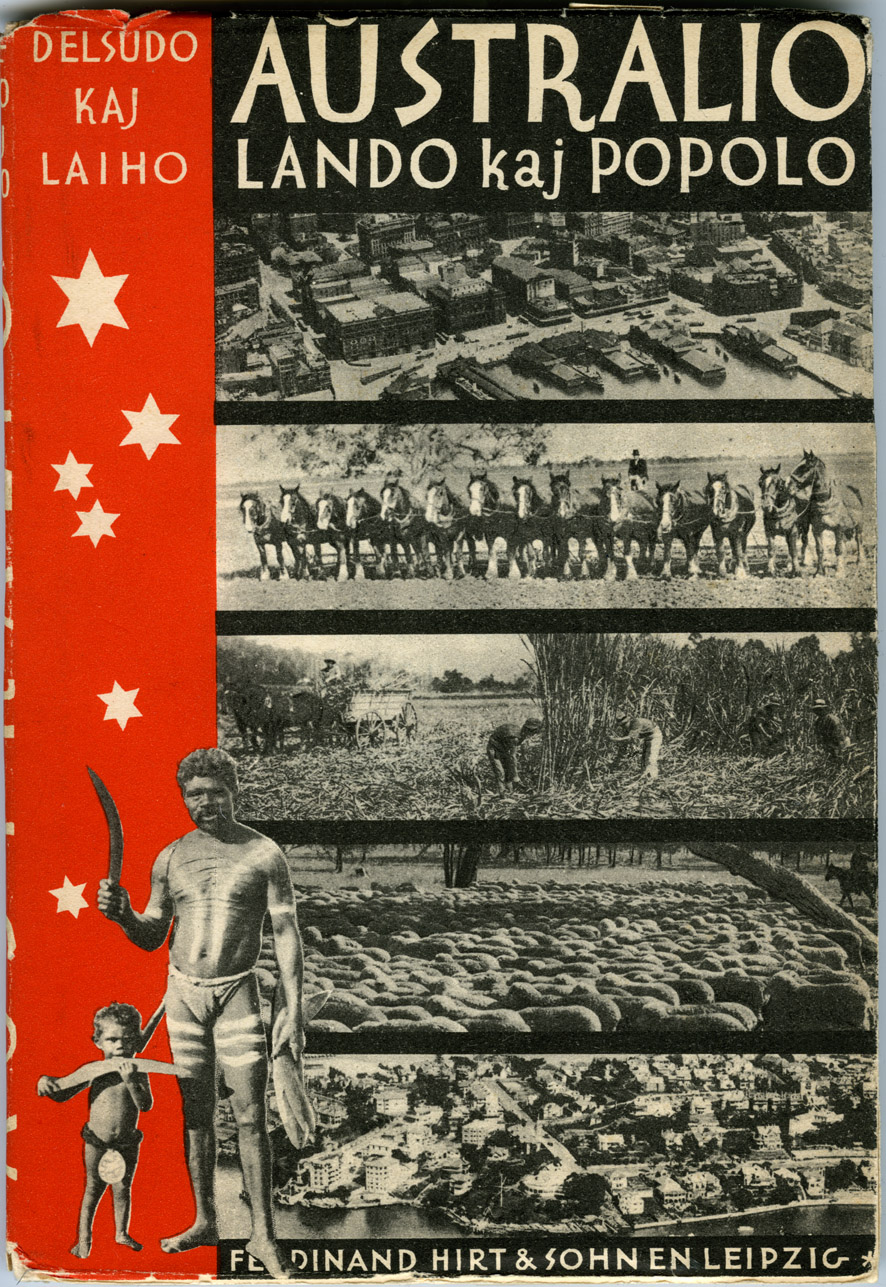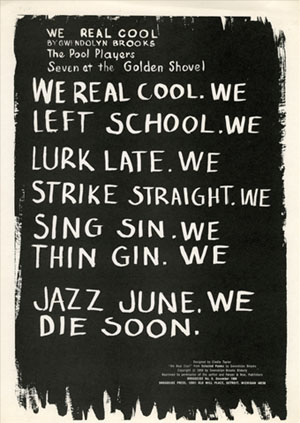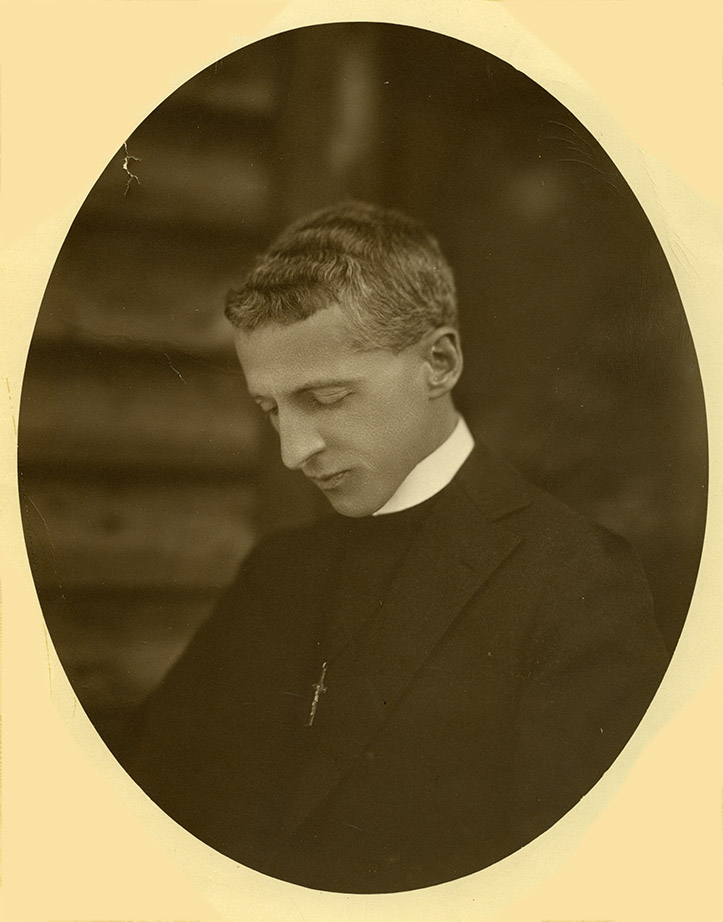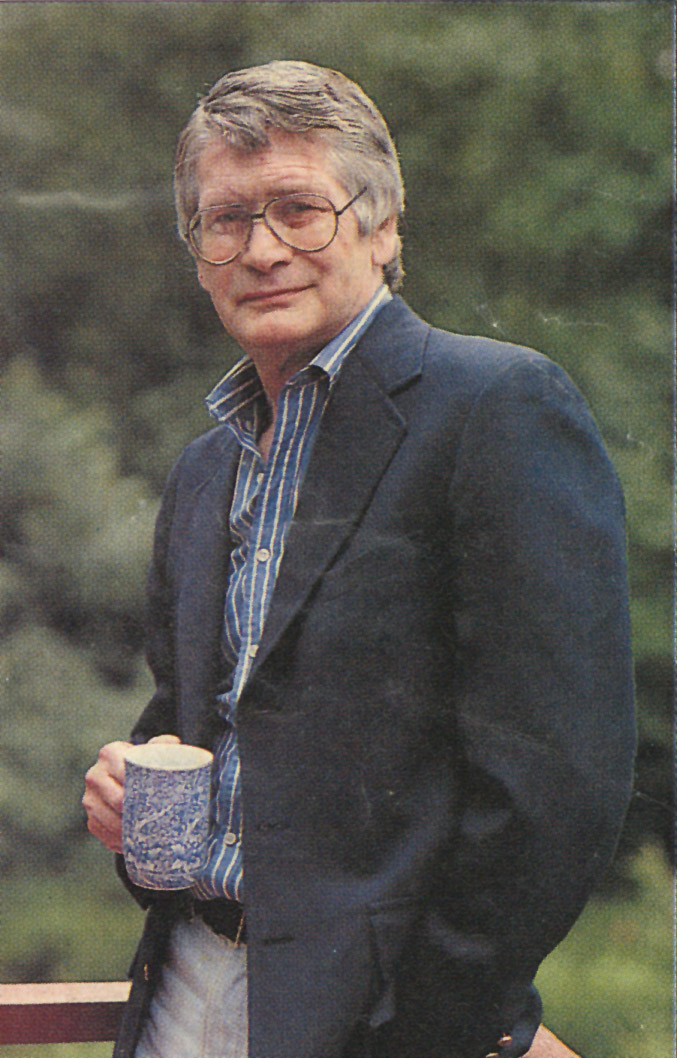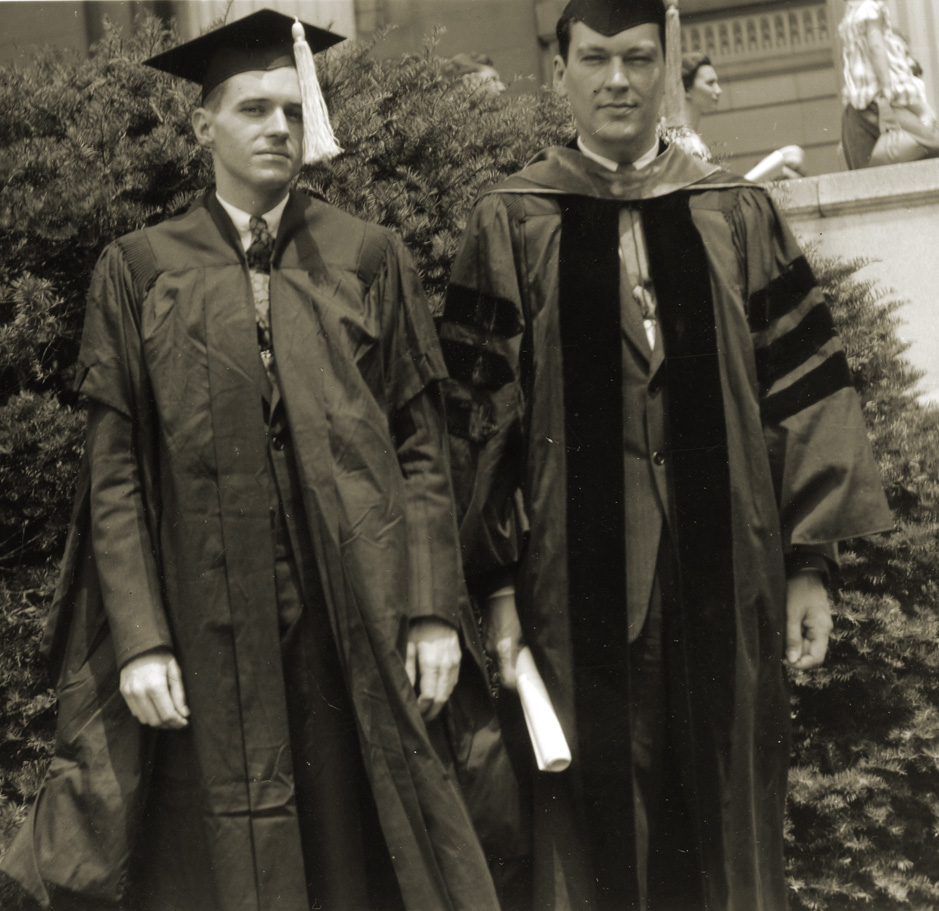Russell K. Alspach Papers
Russel K. Alspach earned his PhD in 1932 from the University of Pennsylvania where he taught English from 1924-1942. After four years of service in the U.S. Navy during World War II, he spent eighteen years as head of the Department of English at West Point Military Academy before retiring in 1965 with the rank of Brigadier General. A specialist in Irish literature with wide ranging interests running from William Butler Yeats to Percy Bysshe Shelley and William Faulkner, Alspach published prolifically throughout his career. He took a post-retirement appointment at UMass in 1966, but hardly retired, eventually becoming Head of the Department of English, and teaching until his final retirement and death in 1980.
The Alspach Papers consist of professional correspondence, drafts of writing, and reviews written by Russell K. Alspach. The small collection includes grant applications and notes for Alspach’s Yeats Study Series, as well as a 3.75 inch monographic recording of readings and music by unidentified artists. The Department of Special Collections and University Archives is also home to the Alspach Yeats Collection of rare books.


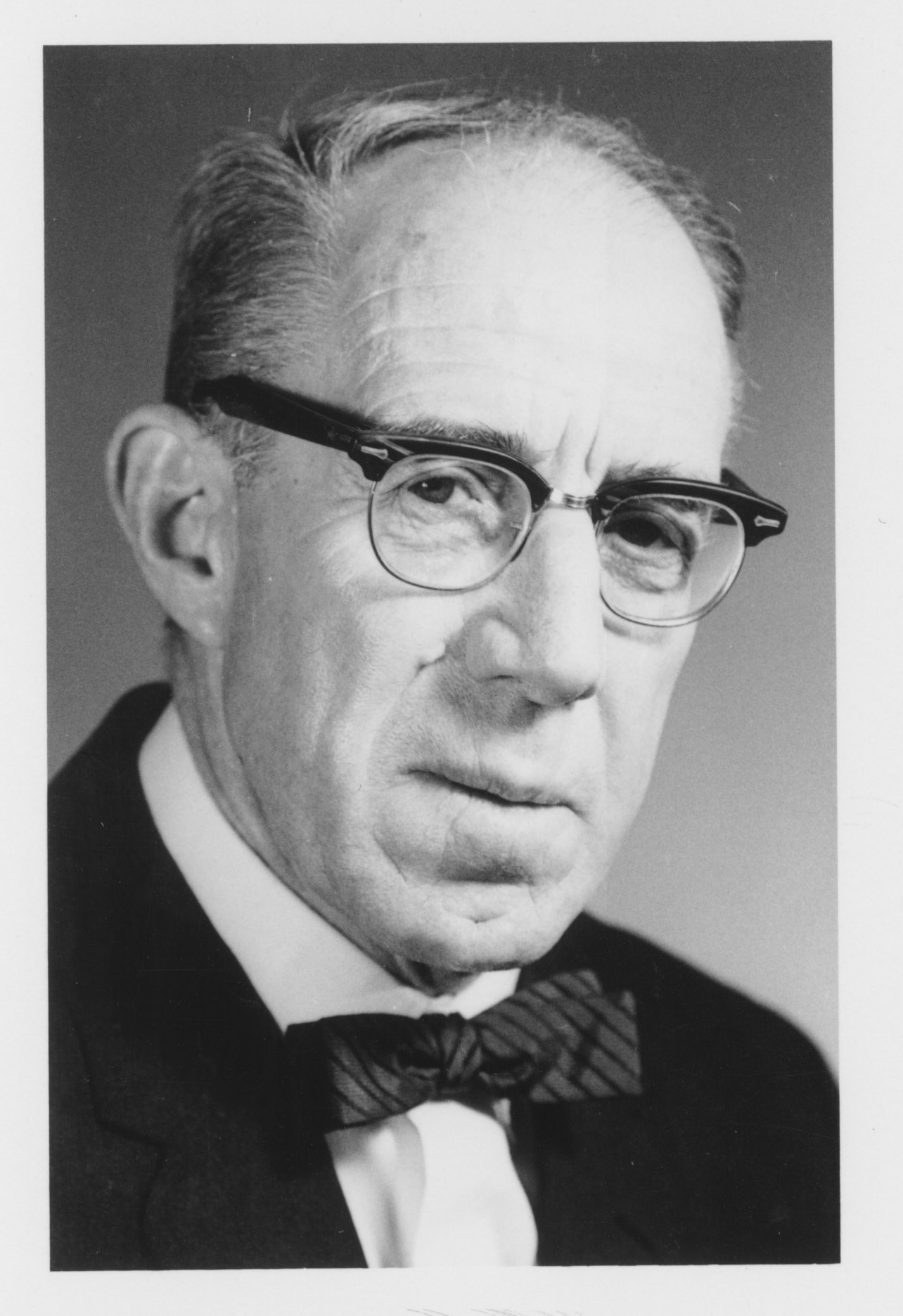
 View the
View the 